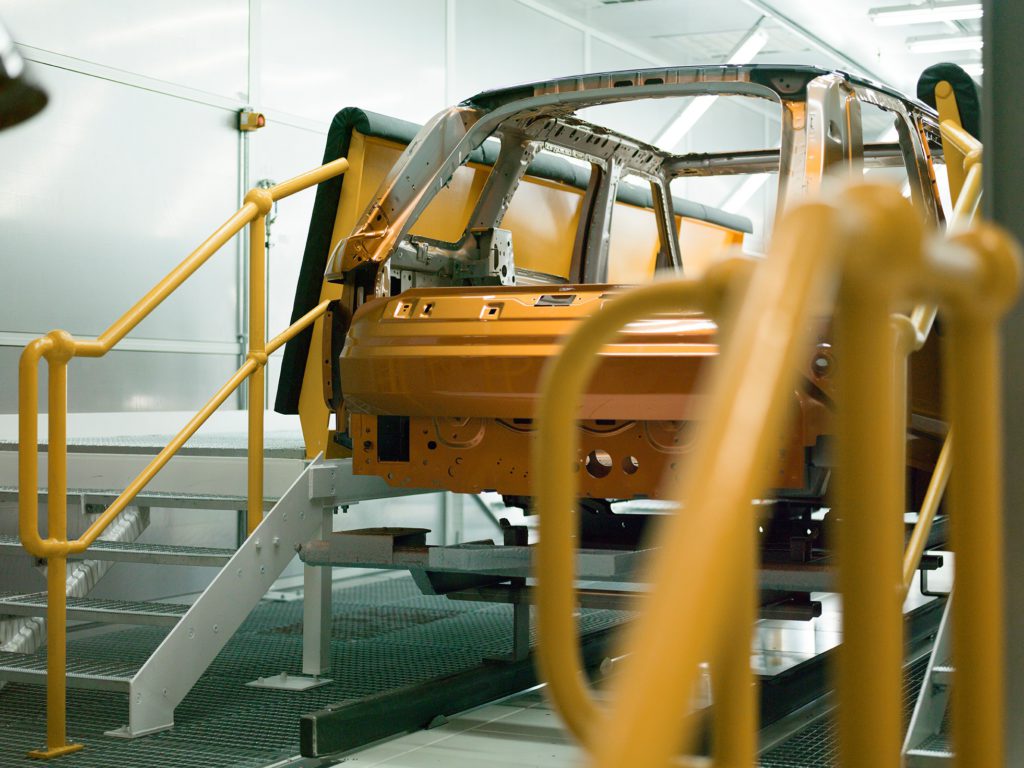UK jobs lost as JLR amends shift patterns
23 January 2020

23 January 2020
Jaguar Land Rover (JLR) is to cut 500 jobs in the UK as it monitors threats to the company’s profitability.
The carmaker is to change shift patterns at its Halewood facility, which will see a 10% reduction in the plant’s workforce. It hopes this amendment will boost efficiency at the site, which builds the Land Rover Evoque and Discovery Sport models.
Tough times
JLR posted a 6% decline in sales in 2019, hit by weaker demand in China and the drop in sales of diesel vehicles across Europe. However, the company has been able to turn around its fortunes in China, posting a sales increase of 1.3% in December.
′Jaguar Land Rover is taking action to optimise performance, enable sustainable growth and safeguard the long-term success of our business,’ the company said in a statement.
The company is moving Halewood from a three-shift to a ′two-plus’ shift pattern starting in April.
In January 2019, JLR announced a number of job cuts as part of its turnaround plan to save €2.8 billion, following a collapse in sales and profitability. Since then, the carmaker has been performing well and investing in its UK operations, including plans to increase electric vehicle (EV) production in the country.
Brexit issues
However, with JLR’s manufacturing mainly based in the UK, the carmaker is also monitoring threats offered by the imminent departure of the country from the European Union.
While the threat of a no-deal scenario has subsided, for now, the recent comments by Chancellor Sajid Javid – that the country will not align itself with European legislation and is looking to forge its own path – have caused concern in the automotive industry.
Should this transpire, carmakers will likely need to obtain type approval twice, once for the UK and once for the EU, increasing costs.
′This is a further blow to the UK car industry in general and our members at Halewood in particular,’ says Des Quinn, national officer at automotive union Unite. ′Other UK car factories are also experiencing the challenges faced by JLR. The UK’s car industry has plummeted from being the jewel in the crown of the UK’s manufacturing sector in a few short years, directly as a result of government inaction.’
′Until the Government ensures that there is long-term frictionless trade and no tariffs with the European Union along with meaningful investment in the infrastructure to ensure the success of electric vehicles, the UK’s car industry will continue to experience severe challenges,’ added Quinn.